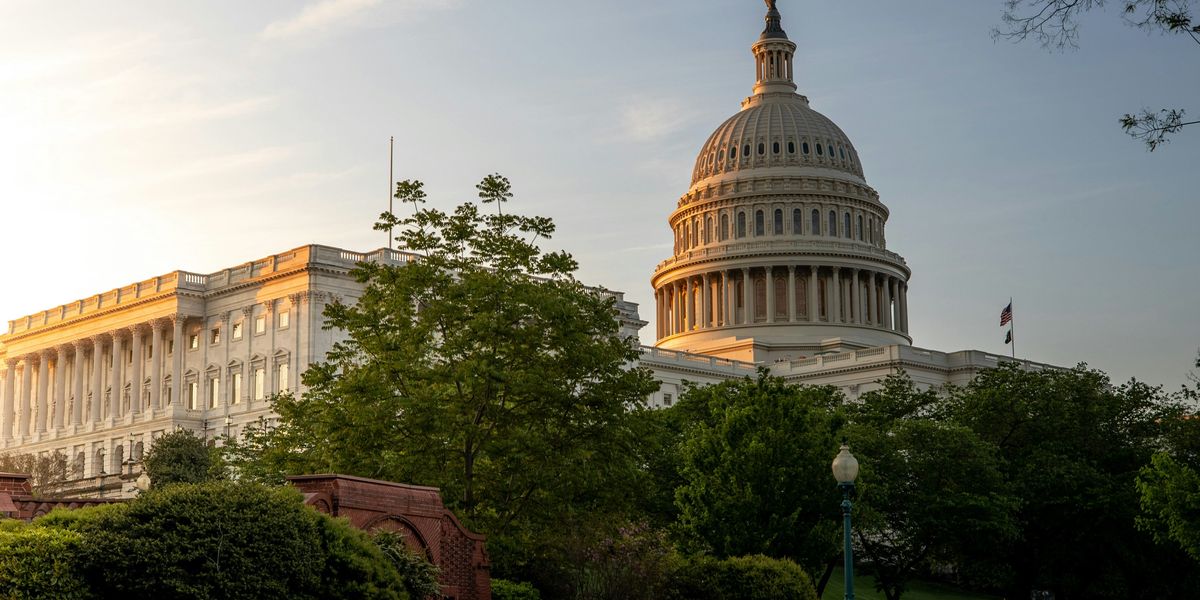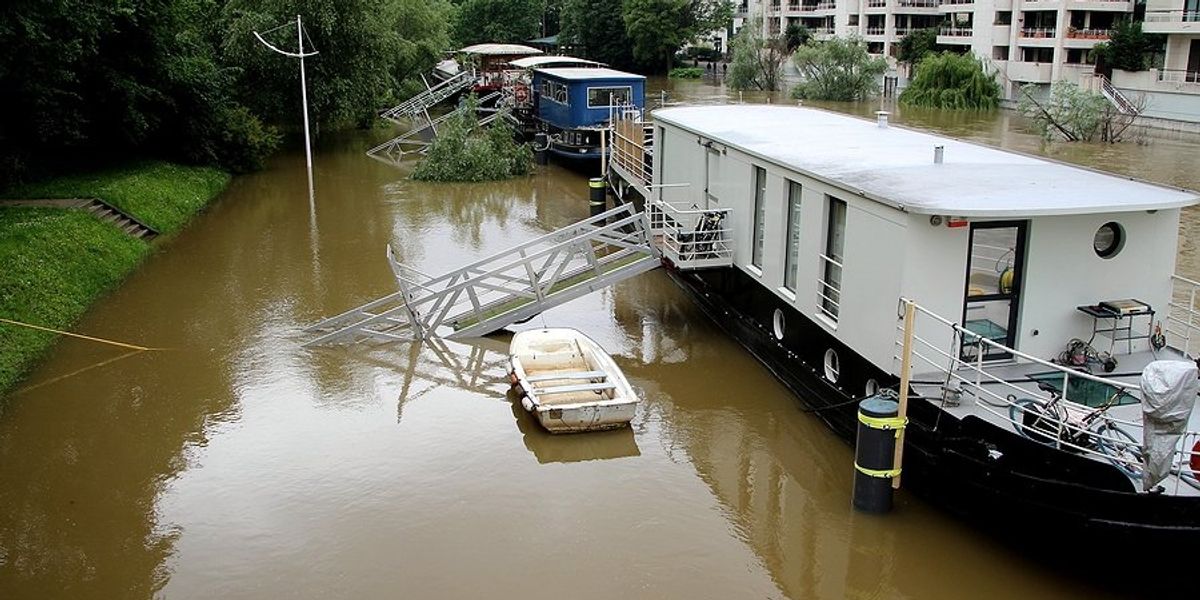
UK residents take government’s climate strategy to European human rights court
Two British men argue that the UK’s failure to protect them from climate-related harm violates their human rights and have escalated their case to Europe’s top human rights court.
Damien Gayle reports for The Guardian.
In short:
- Doug Paulley, who lives with multiple disabilities worsened by rising heat, and Kevin Jordan, who lost his seaside home to severe storms, claim the UK’s climate adaptation policies inadequately protect vulnerable populations.
- Their challenge targets the UK’s 2023 National Adaptation Programme (Nap3), which they argue lacks lawful objectives, overlooks marginalized groups, and fails to properly assess climate risks.
- Despite UK courts dismissing their legal challenges, the pair, supported by Friends of the Earth, are now appealing to the European Court of Human Rights, asserting the government’s climate policies breach human rights obligations.
Key quote:
“I know what it’s like to lose your home to climate change and will continue to campaign for a vastly improved set of adaptation policies that offers proper protection to our lives and communities.”
— Kevin Jordan
Why this matters:
As climate change intensifies, it is not only a scientific or policy challenge but also a human rights concern. People with disabilities, the elderly, and low-income populations often face disproportionate risks from heatwaves, flooding, and other extreme weather events. Legal actions like Paulley and Jordan’s highlight a growing global trend of citizens turning to courts to hold governments accountable for safeguarding their populations. The UK’s struggle reflects wider issues seen in many developed countries, where climate adaptation policies lag behind the escalating threats. This case also spotlights the importance of inclusive policymaking that considers the needs of society’s most vulnerable — not just as an ethical imperative but as a practical necessity for resilience in an era of accelerating climate disruption.
Related coverage from EHN:













